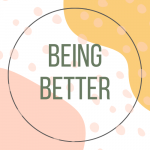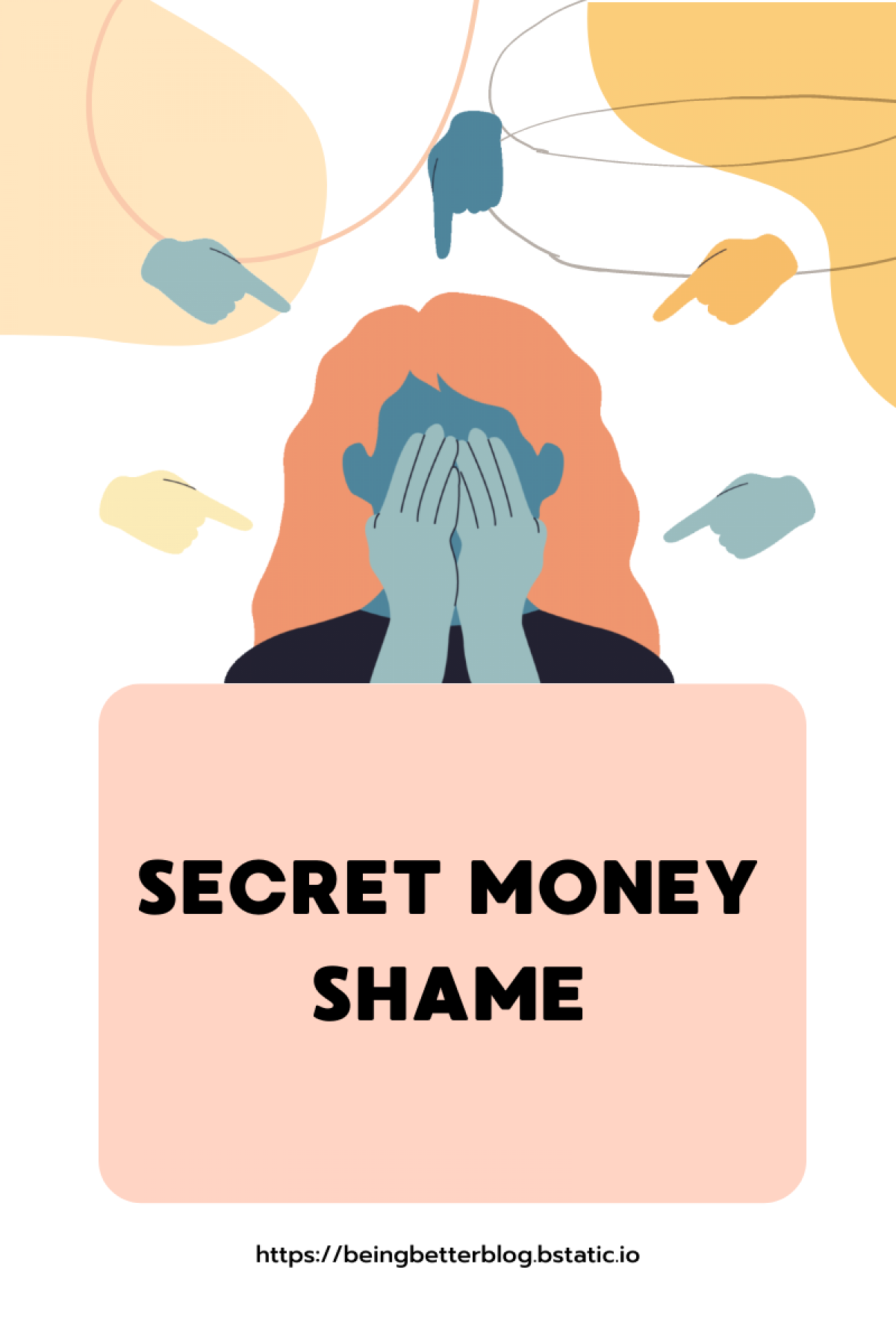How Did This Happen
Poor financial role models as a child
I come from a family of poor money managers. When I was young, my parents were reminded to pay the utility bill when the service got shut-off, plunging us into the darkness with no warning. The car insurance remained unpaid until the scary red cancellation notice arrived in the mail. My parents would open up credit card accounts, tempted via mailed offers, go on shopping sprees, and then never make a single payment.
My parents were battered by the circa 2008 recession. My step-father lost his job and having no savings (despite a nearly six-figure income), our house went into foreclosure and was surrendered to the bank. The repercussions of this situation are present to this day. My step-father has not been able to save enough money to purchase a new home. He has a tarnished rental and credit history making finding any place to live extremely difficult. And is technically homeless save for his sister feeling bad for him and allowing him to live in her spare bedroom rent-free.
My parents cashed out their 401k during the worst of the 2008 recession, and I can’t even tell you what it was wasted on.
My grandparent’s house went into foreclosure when I was young, but they rectified the situation. But when my grandfather died, they had nothing saved. My grandmother lived off $1,600 in social security and the sheer luck they managed to pay off their home before my grandfather’s death. There was no money for repairs- when the air conditioner died in the middle of the Florida summer- she just suffered. The property tax was in arrears when she died.
My aunt and uncle have filed for bankruptcy at least twice.
Needless to say I didn’t have a single example of competent money management when I entered the adult world.
ADHD
Since entering adulthood, I have struggled with impulsive behavior regarding money. I would spend frivolously on anything I was in the mood for. I’ve always felt like I “needed” something either to cope with emotions or two satisfy some aspiration of mine.
I always had some latent concerns with my spending since I knew I did not have the money to pay for my purchases. But for some reason, a part of me figured there would be a future version of me that would magically possess the discipline I lacked that day who would pay for today’s indiscretion. I left it all for future me to figure out.
Maybe that future me is me today…
I have spent countless hours formulating fantastic and realistic budgets and spending plans, only for the budget to be forgotten the second I experienced an impulsive thought. I know it sounds like laziness- but I did not possess the skills to resist impulsivity.
Then at the age of 31, I was diagnosed with ADHD and began treatment. I was finally able to focus my myself and my goals. I could formulate and envision the long-term consequences of my past and current choices, and the picture I saw was really horrible.
The first month of ADHD treatment was probably one of the worst months of my life because I finally understood how awful my financial situation was. But I had no idea what to do about it. I was probably the most hopeless and anxious I’ve ever felt in my entire life. I truly felt impending doom.
I can’t let my story end like my predecessors…
American culture encourages excessive spending
I spent myself into extreme debt, and the American culture and banking industry were happy to help me do it. The money flowed, and I spent with abandon. Frugality and delayed gratification are not common values in our culture anymore.
I like stuff- and nice stuff at that
The truth is that I’m a material girl, and I like stuff. And when I want stuff- I don’t want cheap wholesale crap; only the good stuff will do.
The Real Truth
Ok, so it’s time to take a look and bare it all for myself and the world to see. This is the current state of my debt.
| Type | Amount |
| Personal Loans | $27,298 |
| Open Credit Cards | $12,516 |
| Closed Cards on DMP(*) | $27,547 |
| Total | $67,361 |
$67,361 dollars in debt with essentially nothing to show for it. That’s a whole car or a down payment for a house. Truly, this figure makes me sick, and I could spend hours writing here beating myself up, but I’m going to be pragmatic and move on to the plan to clean this mess up.
Plan
My current income is $63,000 per year. Currently, I am in a position to pay $1,800 per month on these debts, which should pay these debts off in about five years.
GOAL: By the end of 2023 I want to see the outstanding debt balance listed above reduced by at least $15,000.
Pay off priortization
I have closed credit cards in a non-profit facilitated debt management plan. The terms of this program have reduced the interest rates to 10% or less depending on the original creditor. Currently, I plant to maintain the minimum plan payment while tackling the other debts.
I plan to snowball the open credit cards and then snowball the personal loans once the credit cards are paid off. Once the personal loads are paid, I will use all the remaining money to eliminate the DMP plan debts.
Decision Point
As of right now, the most significant threat to my success is impulsive spending. I believe that my chances of engaging in impulsive spending using credit is fairly high based on the history of my behavior.
Currently, the most significant threat to my success is impulsive spending. My chances of engaging in impulsive spending using credit are relatively high based on the history of my behavior.
I’m considering if closing all of my open credit cards is necessary. The benefit of such a decision is that it will remove any possibility for me to overspend and accumulate more debt. The downside is that it will lower my credit score even more. It also scares me to think I have no credit for an emergency. However, I’m going to find that to be the case anyway soon if I continue my current spending behavior. Also, my credit score is already bad and won’t be improved in the short term, regardless.
I’m leaning toward closing the cards, but this decision is TBD.
Accountability
I am uncomfortable telling the people in my life about this secret struggle. My toxic independence is a problem for another day. But it will be critical to my success to create a layer of accountability for myself. Therefore, monthly, I will post an update listing my current balance, balance reduction that month, and total reduction relative to the above figures.


